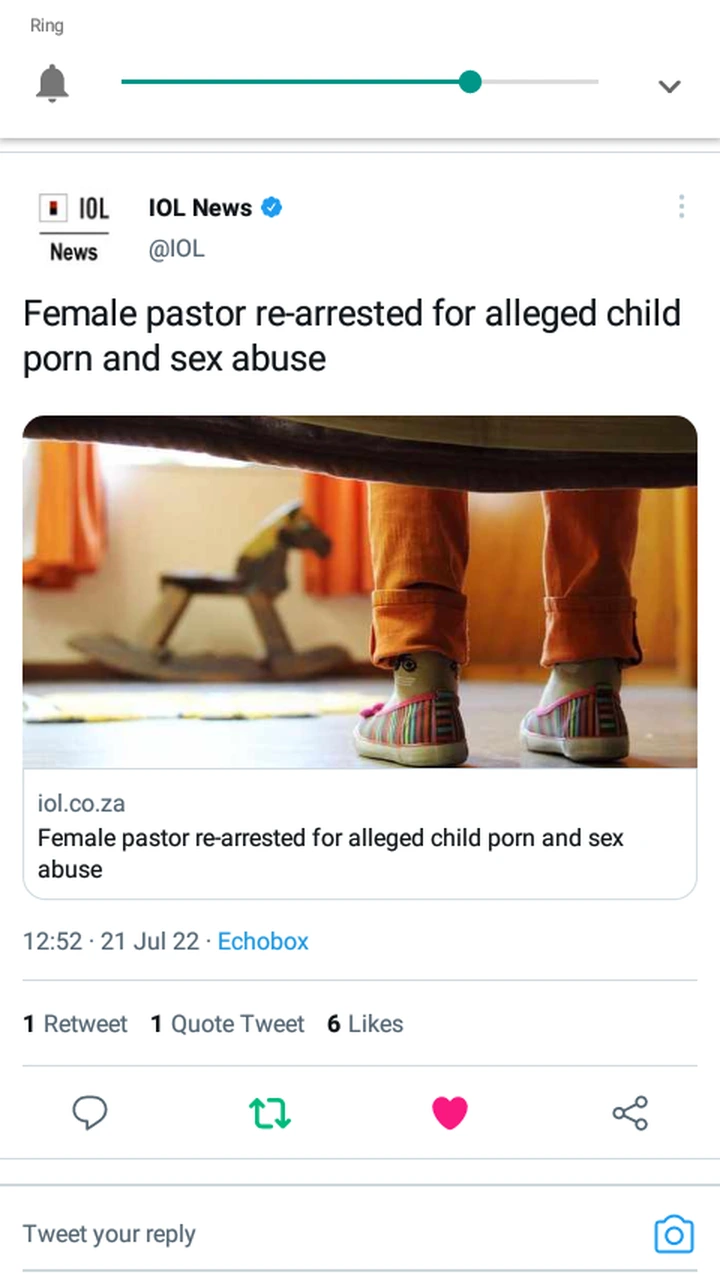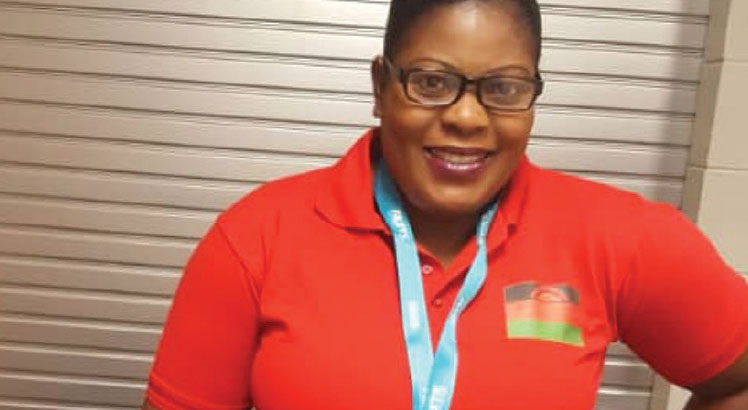According to Ilitha Labantu, an advocacy group for women’s rights, the re-arrest of a senior clergywoman in Worcester for sexually assaulting three children has been met with disappointment.
Five counts of human trafficking, two counts of rape, and 100 counts of possession and manufacture of child pornography have been filed against the pastor and her husband, who were previously convicted of identical offenses and served 15 years in prison.
Investigators believe she planned and carried out her alleged crimes from 2016 until this year, said police spokesperson Ndake Gwala, according the New York Times.
It is our belief that the suspect tricked the parents of three children into permitting her to host their children for an overnight at her place of abode,” she said. She then drugged the youngsters, undressed them, and photographed them during this time.
It was reported that one victim was locked in a bedroom and instructed to strip because they were both females by the alleged attacker. She then photographed the youngster in various positions, all while she was naked. Gwala claimed that the husband’s involvement was still being investigated.
Her appearance in Worcester Magistrate’s Court on Tuesday came as a result of her arrest, according to the National Prosecuting Authority. Her bail hearing has been postponed until next week, July 26.
“The accused’s counsel has withdrawn from the case,” NPA spokesperson Eric Ntabazalila said. A new attorney has been named by the accused, and he or she intends to move forward with her bail application.”
Gender-based violence (GBV) is not getting the attention it deserves, according to an official from the Ilitha labantu organization. The ability of our courts and police to apprehend and prosecute criminals is a major worry.
Many criminals are apprehended today, released the following week, and then return to society where they commit the same acts for which they were previously arrested. Addressing the GBVF would necessitate a concerted effort on all sides.
Because prevention is our country’s largest weakness, we must take more measures to educate and raise awareness about these concerns in our local communities and neighborhoods. He said that rather than reacting, we should take a proactive approach.
 Moni Malawi
Moni Malawi 

